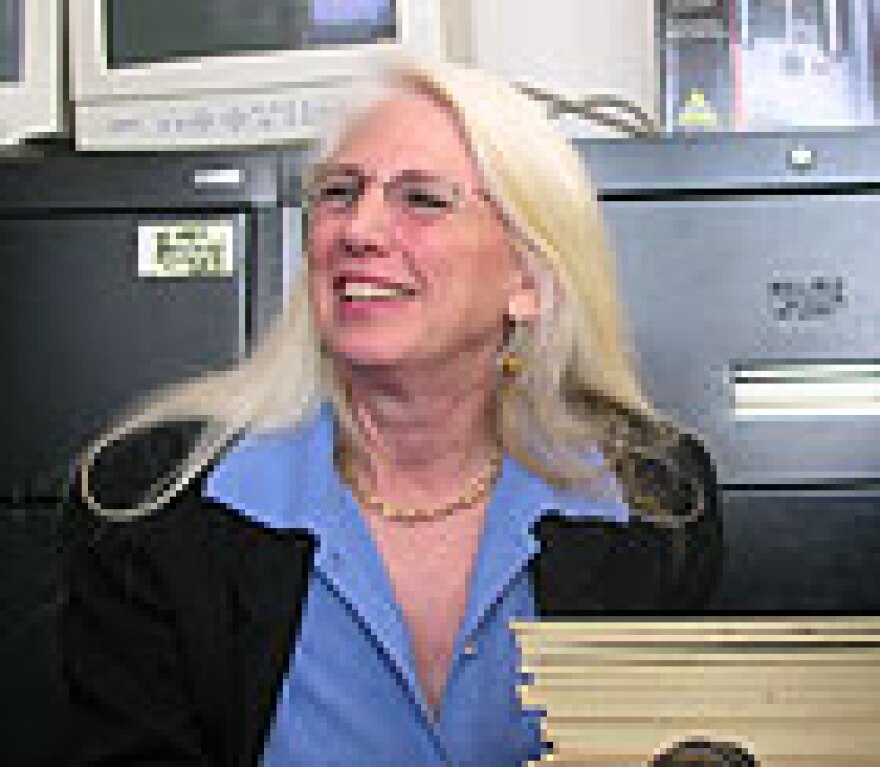
Each year, doctors are armed with more genetic tests that can tell which people are vulnerable to what diseases. There are already genetic tests that can spell out an individual's risk of breast cancer, Huntington's disease or cystic fibrosis. But making the decision to learn one's genetic heritage is complex.
In a series of interviews, NPR's Joe Palca talks with people who have faced a decision to find out about their genes. In the third installment, Palca talks with Nancy Wexler, a Columbia University Medical Center scientist who studies a debilitating and fatal neurological disorder called Huntington's disease.
Twenty years ago, Wexler helped identify the gene that causes Huntington's, an achievement that led to a genetic test for the disorder. Then, she and her family, who had a history of Huntington's, had a decision to make: should they find out if they might develop the disease?
Copyright 2022 NPR. To see more, visit https://www.npr.org.


